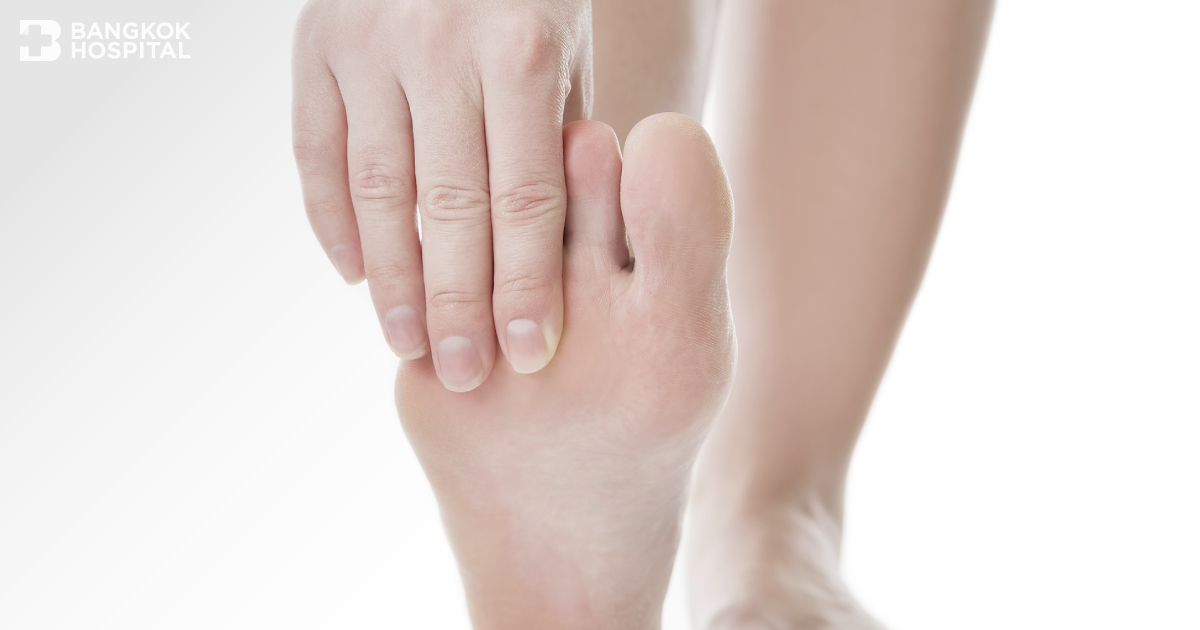Diabetes can be dangerous for your feet. Even a small cut can cause serious consequences. Diabetes may cause nerve damages that take away the feeling in your feet. Diabetes may also reduce blood flow to the feet, making it harder to heal an injury or resist infections. Due to these problems, you may not notice a foreign object in your shoe. As a result, you could develop a blister or a sore. This could lead to an infection or a non-healing wound that could put you at risk of amputation. In rainy season, one needs to be extra careful with their feet, as this is the time with high humidity and as a result is prone to several infections.
With some important tips to prevent your feet from infection and other problems during monsoon, you will be able to keep them healthy despite diabetes. These tips includes support for your feet with good fitted footwear, quit smoking to improve blood circulation, reduce pressure on the feet if there is an ulcer, and control your blood sugar.
Factors that lead to an increased risk of an amputation
- Poor blood circulation to the extremities
- Nerve damage in the feet (peripheral neuropathy)
- Infections
- Foot ulcers or injury that has not been taken care of. A minor irritation can lead to a major problem if it is not taken care of soon.
Tips for proper foot care when you have diabetes
- Keep your blood sugar levels under control.
Work with your doctor to keep your blood glucose in your target range. This will reduce diabetic complications such as retinopathy, neuropathy, and kidney damage. Exercise (at least 3-4 times/ week) can help you improve your blood sugar control and boost your overall fitness. Also, smoking cessation is associated with a reduction in vascular complications. - Support your feet with good fitted shoes.
Shoe shopping for people with diabetes requires a little more attention to detail than you may be used to. Buy shoes made of soft, stretchable leather. For better shock absorption, look for a cushioned sole instead of a thin leather sole. Shoes should not be too small as it may cut off blood circulation, nor too big as wrinkles can cause blisters. The right fitted shoes distribute weight properly and fit the foot perfectly, reducing chances of blisters, redness, and pressure areas.
- Inspect your feet every day for cracks, wounds, and sores.
Nerve damage is a complication of diabetes that makes it hard to feel when you have sores or cracks in your feet. After coming home on a rainy day, wash your feet thoroughly with soap. When you wipe your wet feet, make sure that the areas between the toes are cleaned with a dry towel. When you dry the feet with a towel, use light moisturizer to prevent dryness. Do not go out barefoot. Wearing shoes with good coverage outside to protect your feet makes sense to most people, but even inside your house, puttering around without shoes puts your feet at risk of small cuts.
- Toenail fungus is more common in people with diabetes.
This can lead to serious complications such as ulcers and infections. If you do notice changes in your nails, consult your doctor immediately.
- Wash your feet and keep them dry to reduce the risk of infections.
Wash your feet thoroughly with soap. Skin gets moist and breaks down, leading to infections. Prevent this by drying your feet thoroughly after washing your feet and by removing wet or sweaty socks or shoes immediately. After that, inspect your feet for cracks, redness, or ulcers.
- Take care of your toenails.
Trim them straight across, then make them smooth with a nail file. Avoid cutting into the corners of the toes. If you have an ingrown toenail, see a doctor right away.
You are more likely to have foot problems if you have diabetes as it can damage your nerves and lessen blood flow to your feet. This means foot injury does not heal well and you may not notice if your foot is sored or injured. Do not wait to treat a minor foot problem if you have diabetes. Report foot injuries and infections right away. Minor problems can lead to complications that can result in amputation.


















